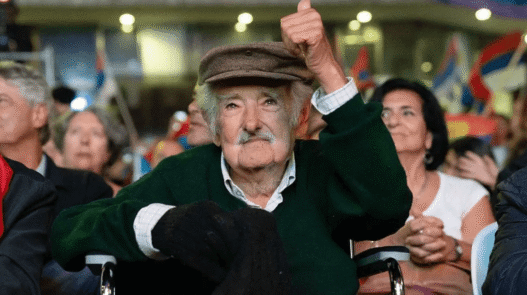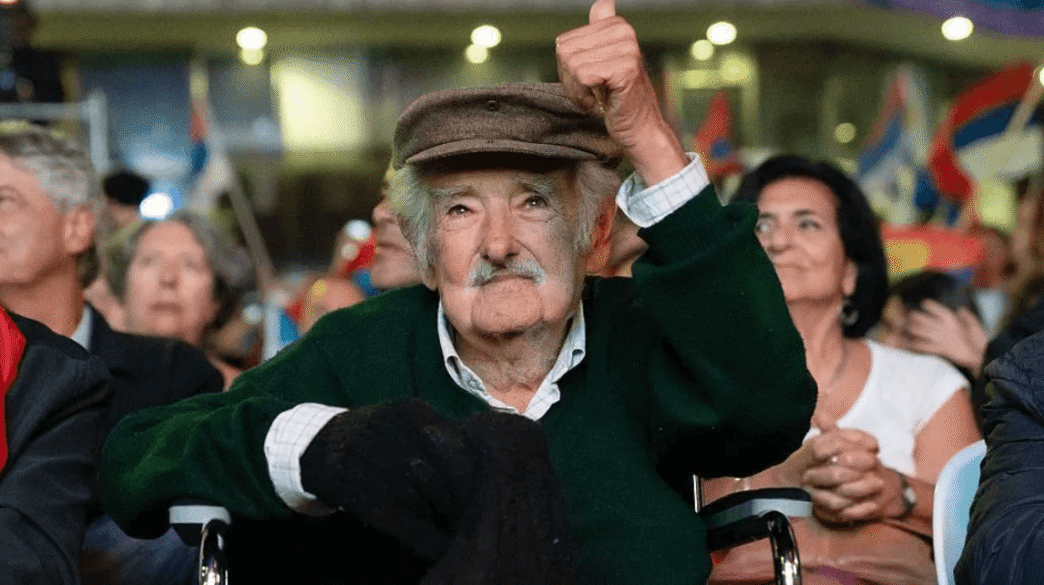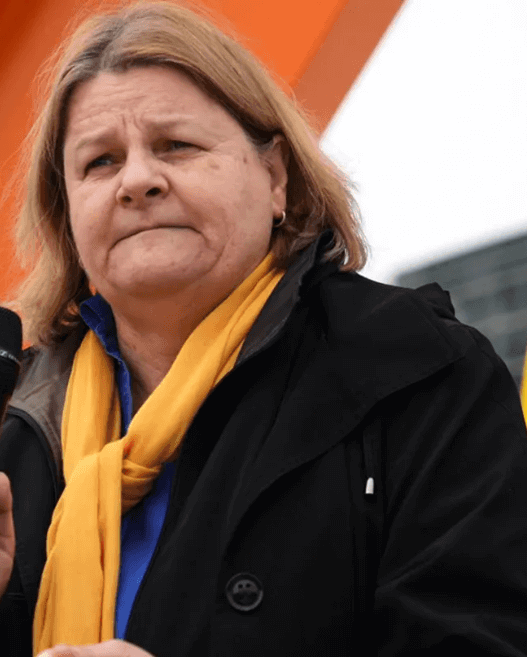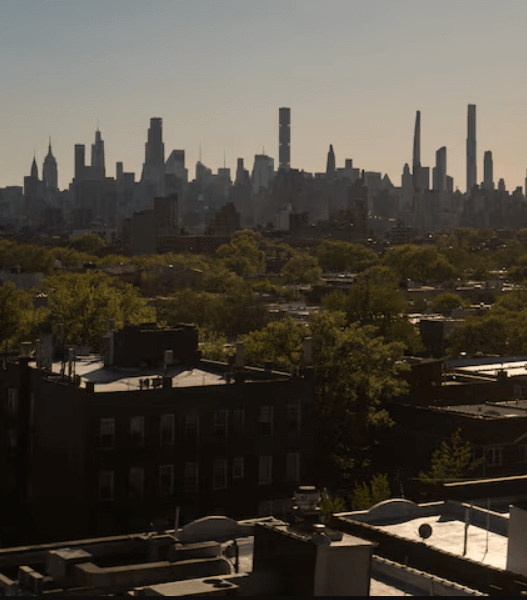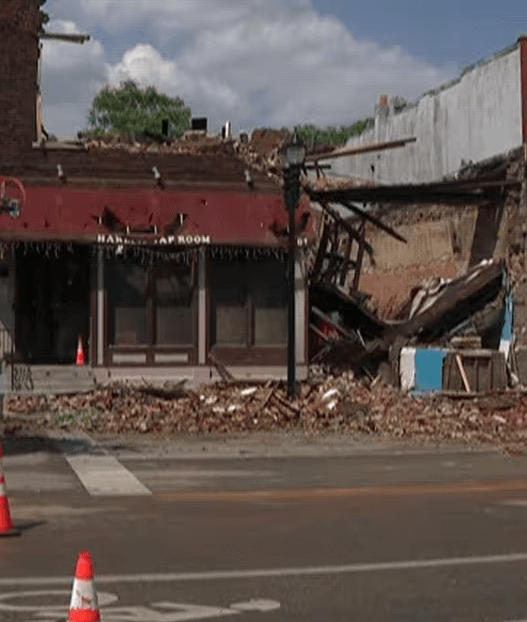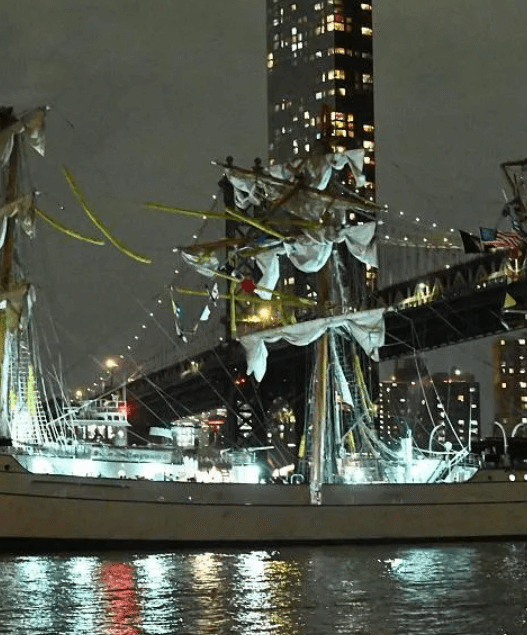MONTEVIDEO, Uruguay — Former Uruguayan President José “Pepe” Mujica, renowned worldwide as “the world’s poorest president” for his austere lifestyle and humble demeanor, has died at the age of 89. The announcement was made by President Yamandú Orsi, who described Mujica on social media as a leader whose deep love for the people defined his legacy: “Thank you for everything you gave us.”
Mujica had been battling esophageal cancer, though the official cause of death has not been disclosed.
A Life Marked by Struggle, Resistance, and Leadership
Mujica’s journey from urban guerrilla fighter to the highest office in Uruguay is one of the most remarkable in modern political history.
Born in Montevideo and raised in a middle-class home, Mujica joined the National Party in his youth before becoming one of the founding members of the Tupamaros National Liberation Movement (MLN-T) in the 1960s. Inspired by the Cuban Revolution, the MLN-T fought against what they saw as increasing authoritarianism in Uruguay, engaging in armed resistance that included robberies, kidnappings, and political actions.
Mujica was arrested four times and severely wounded in 1970 after being shot six times. He famously escaped prison twice, including once through a tunnel along with over 100 fellow prisoners. Following a 1973 military coup, he became one of nine “hostages” held under severe conditions—often in isolation and subjected to torture—for more than a decade.
He was released in 1985 when democracy was restored, describing that day as “the happiest” of his life. “Becoming president was insignificant compared to that,” he often said.
A New Era for Uruguay: Mujica as President
Mujica gradually returned to politics and held legislative roles before serving as Minister of Livestock, Agriculture, and Fisheries in 2005 under the left-wing Frente Amplio coalition. In 2010, he was elected President of Uruguay at age 74.
Though relatively unknown outside Latin America at the time, Mujica quickly drew global admiration for his unpretentious leadership style. He refused to live in the presidential palace, instead remaining at his modest farm home with his wife, fellow former guerrilla and senator Lucía Topolansky. He donated most of his presidential salary to charity and drove a 1987 Volkswagen Beetle, which became a global symbol of his philosophy.
Despite criticism from some sectors, Mujica’s presidency saw sustained economic growth, poverty reduction, and low unemployment. His administration also spearheaded progressive reforms, including:
-
Legalizing same-sex marriage
-
Decriminalizing and regulating abortion
-
Making Uruguay the first country in the world to fully legalize and regulate recreational marijuana
Austerity and Controversy
While Mujica preached simplicity and criticized consumerism, his administration increased public spending, prompting concern over rising fiscal deficits. He was also at fault for not achieving the promised education reforms.
Still, his integrity remained largely unchallenged. He was never implicated in corruption, a rare distinction among Latin American leaders. By the end of his term in 2015, he retained an approval rating of nearly 70%.
He returned to the Senate and remained a revered public figure, frequently traveling and speaking internationally. Even after formally retiring from politics in 2020, he continued to influence Uruguay’s public life and left-wing movements.
A Peaceful Farewell
In 2023, Mujica disclosed his cancer diagnosis and reflected publicly on mortality. In his final interview with the BBC, he said, “One knows that death is inevitable. And perhaps it’s like the salt of life.”
His political successor, Yamandú Orsi, won the presidency in November 2024, with Mujica’s faction within the Frente Amplio earning a historic number of parliamentary seats.
Today, Uruguay and much of the world mourn a man whose legacy goes far beyond his presidency. José Mujica leaves behind a lasting impact as a leader of principle, humility, and social change.









